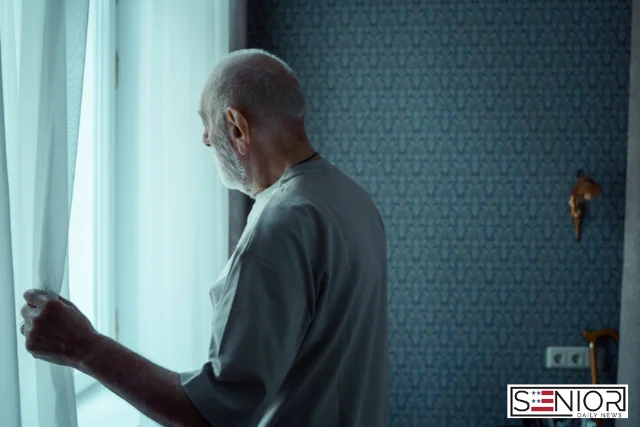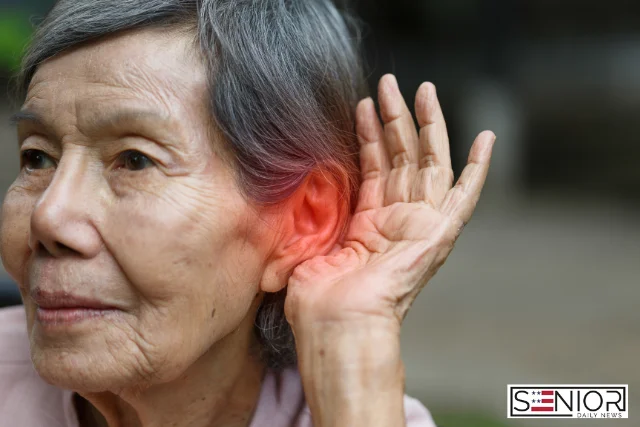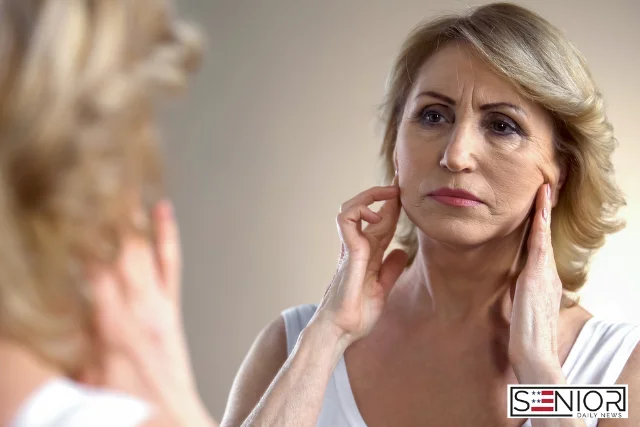Elder Self-Neglect Explained: Warning Signs and Solutions

Aging brings many changes—some expected, others more difficult to navigate. As daily tasks become harder, health challenges increase, and support systems shift, some older adults may find themselves struggling to maintain their well-being. One of the most serious, yet often overlooked, problems among seniors is self-neglect. Unlike abuse that comes from another person, self-neglect happens when an individual is unable—or sometimes unwilling—to properly care for themselves.
This issue is more common than many realize and can have severe consequences if left unaddressed. For families and caregivers, recognizing the signs of self-neglect and knowing what steps to take can make all the difference in ensuring safety, health, and dignity for an aging loved one.
What is Elder Self-Neglect?
Self-neglect occurs when an older adult fails to meet their own essential needs. This can involve neglecting personal hygiene, not taking medications correctly, refusing medical treatment, failing to eat properly, or living in unsafe conditions. Importantly, self-neglect doesn’t always mean that the individual simply “doesn’t care.” Often, it’s the result of declining physical health, memory problems, mobility issues, or mental health challenges such as depression.
In the United States, Adult Protective Services (APS) recognizes self-neglect as one of the most common forms of elder mistreatment. Unlike abuse, which involves harm caused by others, self-neglect is self-directed and may go unnoticed for long periods—especially if a senior lives alone.
Why Does Self-Neglect Happen?
Understanding the causes behind self-neglect is key to helping seniors effectively. It rarely stems from a single factor, but rather from a combination of challenges:
- Physical limitations: Arthritis, vision loss, or chronic illness can make daily activities such as bathing, cooking, or cleaning overwhelming.
- Cognitive decline: Conditions like dementia or Alzheimer’s disease can cause confusion, forgetfulness, and poor judgment.
- Mental health concerns: Depression, grief, or loneliness can reduce motivation to care for oneself.
- Social isolation: Seniors who live alone without nearby friends or family may feel they have little reason to maintain routines.
- Financial struggles: Limited income may lead to skipped meals, unfilled prescriptions, or unsafe housing.
- Pride or independence: Some seniors may resist outside help because they fear losing autonomy.
Recognizing these root causes helps caregivers and professionals approach the issue with compassion rather than judgment.
Warning Signs of Self-Neglect
Self-neglect can look different from one individual to another, but there are several common red flags to watch for. If you notice any of these signs in yourself, a family member, or a neighbor, it may be time to seek help:
Physical Appearance and Health
- Poor hygiene, such as unwashed hair, body odor, or dirty clothing
- Noticeable weight loss or malnutrition
- Untreated medical conditions or open sores
- Wearing inappropriate clothing for the weather
- Skipping medications or taking them incorrectly
Living Environment
- Hoarding items to the point of unsafe clutter
- Infestations of pests like insects or rodents
- Lack of basic utilities such as running water, electricity, or heat
- Unsanitary conditions, including dirty dishes, spoiled food, or strong odors
- Unsafe surroundings, such as broken stairs or fire hazards
Behavior and Emotional State
- Withdrawal from family, friends, or social activities
- Confusion, forgetfulness, or signs of memory loss
- Refusing help or becoming defensive when concerns are raised
- Signs of depression, hopelessness, or lack of motivation
These warning signs are not just “normal aging.” They point to deeper issues that can put a senior’s health and safety at serious risk.
The Risks of Ignoring Self-Neglect
Left unaddressed, self-neglect can lead to dangerous consequences. Malnutrition, dehydration, and untreated illnesses are just the beginning. A neglected home environment increases the risk of falls, infections, and fires. In addition, seniors who experience self-neglect are more likely to suffer from hospitalization and premature death.
Beyond physical harm, the emotional toll is equally severe. Isolation and depression often deepen when self-neglect goes unnoticed or unacknowledged. That’s why early recognition and intervention are essential.
How Families Can Help
If you suspect that a loved one is experiencing self-neglect, the first step is approaching the situation with empathy. Older adults may not see their living conditions or habits as problematic, and in some cases, they may feel ashamed or fearful about being judged. Here are supportive steps families can take:
- Start a gentle conversation: Use compassionate language rather than criticism. For example: “I’ve noticed you haven’t been eating much lately—how can I help?”
- Offer practical support: Small gestures, such as preparing meals, helping with laundry, or arranging transportation, can ease daily burdens.
- Encourage medical evaluation: A doctor can assess whether underlying health issues, such as dementia or depression, are contributing factors.
- Suggest home assistance: Services like in-home care, meal delivery programs, or visiting nurses can help seniors maintain independence safely.
- Involve community resources: Local senior centers, churches, or volunteer groups often provide companionship and support services.
- Contact Adult Protective Services if necessary: If the situation is dangerous and the senior resists help, APS can step in to ensure their safety.
Professional and Community Solutions
Self-neglect is not just a family issue—it’s a public health concern. Communities across the U.S. have resources designed to help:
- Adult Protective Services (APS): Each state has an APS office where suspected cases of elder self-neglect can be reported confidentially.
- Geriatric care managers: These professionals assess needs, coordinate care, and connect seniors with resources.
- Home health agencies: Skilled nurses and aides can provide medical care, hygiene support, and daily living assistance.
- Nutrition programs: Services like Meals on Wheels deliver healthy meals directly to seniors’ homes.
- Mental health services: Counseling and support groups address depression, grief, and emotional challenges.
- Community wellness checks: Local law enforcement or senior outreach programs sometimes offer wellness visits for isolated individuals.
By combining medical, emotional, and social support, communities can play a vital role in addressing self-neglect.
Balancing Independence with Safety
One of the most challenging aspects of addressing self-neglect is balancing respect for an older adult’s independence with the need for safety. Seniors often fear losing control of their lives if they accept outside help. Families and caregivers should emphasize that support is not about taking away freedom, but rather preserving independence for as long as possible.
For example, arranging weekly cleaning help or grocery delivery may allow a senior to continue living at home safely instead of moving to assisted living prematurely. Similarly, technology like medical alert devices or medication reminders can offer peace of mind without feeling intrusive.
Preventing Self-Neglect Before It Starts
While not all cases can be prevented, proactive steps can reduce the risk of self-neglect:
- Stay socially connected through clubs, faith groups, or volunteering.
- Keep regular medical checkups to monitor health changes early.
- Use tools like pill organizers or digital reminders for medication.
- Simplify daily routines with adaptive devices (grab bars, easy-grip utensils, non-slip mats).
- Plan ahead financially and legally with trusted advisors to ensure resources are available when needed.
- Encourage open conversations about aging, independence, and future care preferences.
When to Seek Immediate Help
If you suspect a senior is in immediate danger due to self-neglect—such as living without heat in freezing weather, going without essential medication, or being unable to walk safely through their home—don’t wait. Contact emergency services or APS right away. It’s better to step in and provide support than to risk a preventable tragedy.
FAQs
What is the difference between self-neglect and elder abuse?
Elder abuse is harm caused by another person, while self-neglect happens when an older adult fails to care for their own needs. Both are serious and may require intervention.
Is self-neglect a crime?
Self-neglect itself is not a crime, but authorities may intervene if a senior’s safety is at risk. In severe cases, guardianship or protective services may be necessary.
Can self-neglect happen to people who are not elderly?
Yes, self-neglect can occur in adults of any age, particularly those with disabilities or mental health challenges. However, it is most common among older adults.
How do I report suspected self-neglect?
You can contact your local Adult Protective Services office or call your state’s elder abuse hotline. If there is an immediate danger, call 911.
What can be done if a senior refuses help?
This can be challenging. Start with compassionate conversations and small offers of support. If the risk is severe, APS or a healthcare provider may step in to ensure safety.
Image Source: Canva






